Field Education Trainings
-
A practical training on the key responsibilities of a new field director
Field education is the signature social work pedagogy, and field directors play a critical role in ensuring that social work students develop the competencies to be successful practitioners. At the same time, field directors face complex and often competing demands that can be difficult to navigate without support.
This training addresses all of the main responsibilities of a new field director, including gatekeeping, working with field sites, working with students and field instructors, and integrating field and classroom curriculum. All content is available on-demand and can be completed at your convenience. Participants can also network with one another through a discussion forum and quarterly live webinars.
After participating in this training, new field directors will be able to:
- Develop inclusive policies and procedures for the various aspects of their field program (recruiting field sites and instructors, placing students, evaluation) that incorporate the 2015 EPAS standards
- Identify strategies for integrating field education and other learning opportunities such as coursework
- Identify administrative processes that are commonly a responsibility of a field director or field department
Who should participate? Field directors with less than two years of experience
Total training time: 4-6 hours
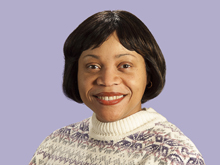
Estella Williamson, LCSW-R
Assistant Dean and Director of Field Education, University of Albany SUNY
Estella Williamson serves the School of Social Welfare as assistant dean and director of the Field Education Program. Williamson assists students in learning to develop, apply and integrate learned theoretical skills in social work practice settings. A licensed clinical social worker, Williamson's past experience in social work leadership involved managing programs in child welfare, outpatient mental health and addictions, prenatal services and HIV clinical and preventive care. Her management of clinical programming included the development and implementation of services; program monitoring and evaluation; and the procurement and management of State and Federal grants. She has served as a field instructor, adjunct instructor and speaker on social work practice and theory.
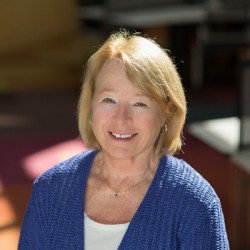
Elizabeth (Betsy) Voshel, LMSW
Associate Clinical Professor of Social Work and Director of Field Instruction, University of Michigan
Elizabeth (Betsy) Harbeck Voshel, LMSW, ACSW earned her MSW in social work from Western Michigan University in 1978, her BA in Sociology/Psychology in 1973 from Alma College and received a Post-Master’s teaching certificate from the University of Pennsylvania in 2003. She joined the School of Social Work at the University of Michigan as a clinical assistant professor in 2004 and was promoted to clinical associate professor in 2009. Previously, she was the Coordinator of the Field Education Program at the School of Social Work at Western Michigan University, and she was employed as a social worker at the U.S. Department of Veterans Affairs prior to that for 22 years where she won a national award for the development of an intensive case management program. She has been involved in NASW at the state and national levels since 1978 and was named Region II Social Worker of the Year in 2003. She served on the MI Chapter Ethics Committee of NASW for 24 years, and also on the NASW MI Chapter Board of Directors. Betsy created and developed a student peer facilitator teaching model for the U-M School's Foundation Field Seminar, and co-led the development and teaching effort in the School's e-Portfolio seminar. She has presented nationally and internationally focusing on developing signature field instruction curriculum, portfolio development, safety training for social workers, and countless workshops on social work ethics. She’s written several proposals that have been funded, and is the co-author of a Social Work textbook and several articles.
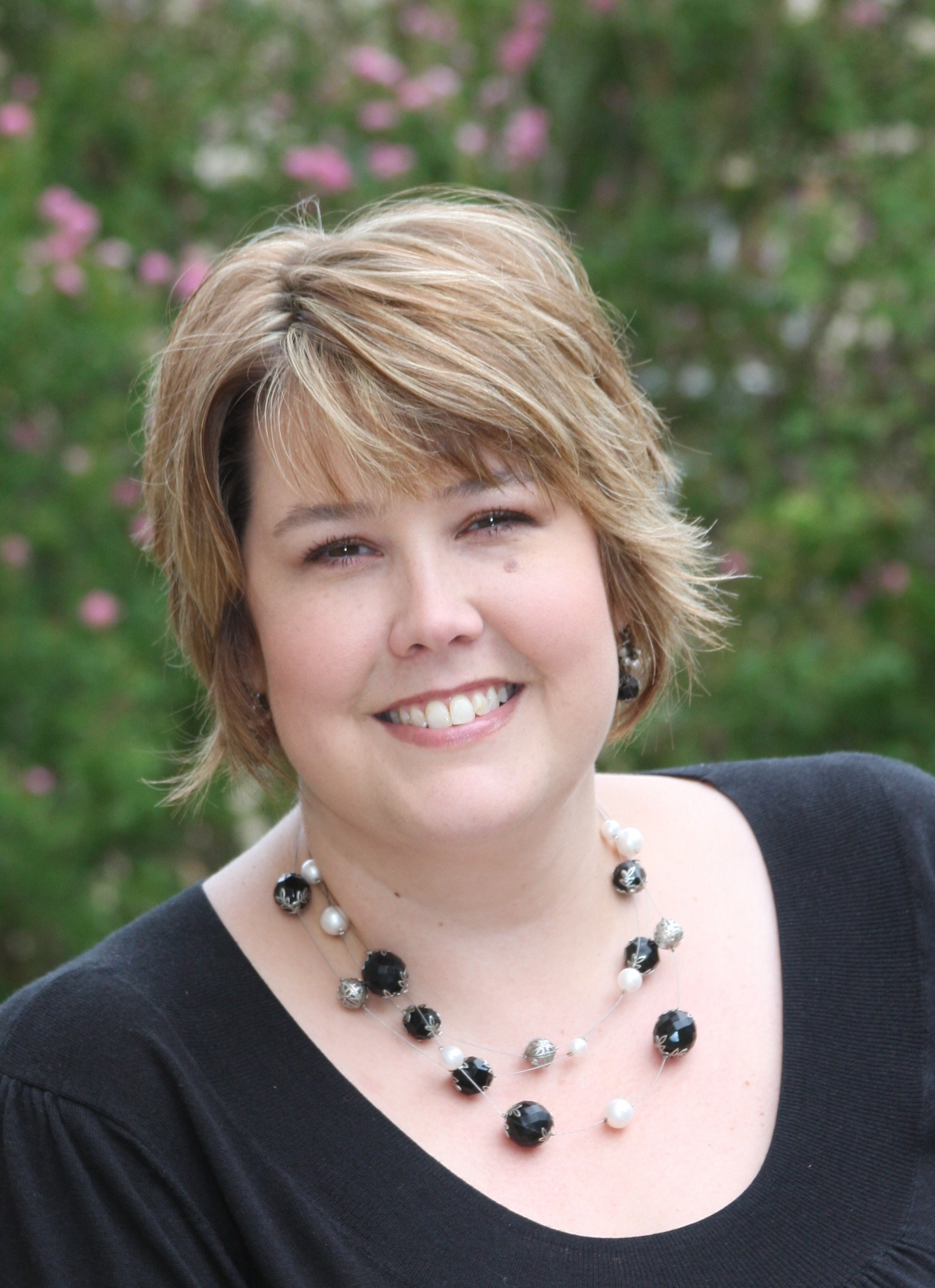
Traci Lilley, MSW, LCSW
Associate Director & Director of Field Education, Louisiana State University
Traci Lilley received her BSW in 1990 from Louisiana College in Pineville, LA and her MSW in 1995 from Louisiana State University. She began her career at LSU in 1996 as Assistant Director of Field Education. She was promoted to Director of Field Education in 2002, and has served as Assistant Dean of Field Education from 2005-2012. Her role changed to Associate Director of the School and Director of Field Internships in August 2012 when the School became a part of the College of Human Services and Education. Ms. Lilley has been recognized by students, colleagues and community partners through the years as Louisiana Social Worker of the Year, LSU Outstanding Staff Award and Outstanding Teacher of the Year. Ms. Lilley is a frequent guest lecturer locally and nationally on a wide range of social work topics with special focus on ethics, gatekeeping and social work retention. Prior to her tenure at LSU, Ms. Lilley worked in the area of mental health and family services. Her continued areas of practice are mental health issues, family issues, parenting education, and advanced social work supervision.
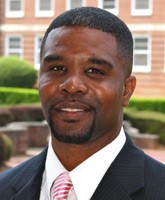
Darrin E. Wright, PhD, LMSW, MAC
Assistant Professor and Director of Field Education, Clark Atlanta University
Dr. Wright is an Assistant Professor and Director of Field Education, at Clark Atlanta University- Whitney M. Young, Jr., School of Social Work. Dr. Wright has served in his current position as Director of Field Education for the past 10 years. He is responsible for coordinating all aspects of Field Instruction including planning, coordination of agency/student placements, evaluation of the field agencies, and recruiting and training agency field instructors. Dr. Wright has over a decade of community-based social work practice in the area of community-based mental health and addictions practice with individuals, families and groups. He holds a B.A. in Forensic Psychology from John Jay College of Criminal Justice, Manhattan, NY, and Master’s in Social Work from Columbia University, Manhattan, N.Y., and a PhD in Social Work Policy, Planning and Administration from Clark Atlanta University, Atlanta, GA. Dr. Wright’s area of expertise and interest are: community based integrated behavioral healthcare practice, field practicum development and pedagogy, international social work practice, and workforce development initiatives for individuals with varying disabilities.
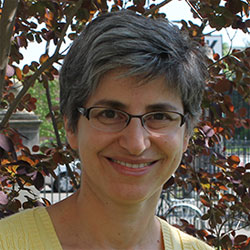
Anwar Najor-Durack, PhD, MSW
Assistant Professor, Clinical and Director of Field Education
Dr. Najor-Durack has worked closely with various faculty in the School of Social Work to develop programs to better prepare social work students for professional practice. She served as the principle investigator of the Hartford Partnership Program for Aging Education grant that helps to prepare M.S.W. students for work with older adults.In addition to her work in the School, Dr. Najor-Durack is the current Chair of the Michigan Board of Social Work. In her work with the Board, she reviews allegations to determine need for investigations and has served as conferee on substantiated cases. As a former member of the Boards Disciplinary Sub-Committee, she has deliberated and voted on many cases for final disposition. Dr. Najor-Durack oversees the placement of all B.S.W. and M.S.W. students at the School. In addition to working with students to arrange and oversee field placements, she works closely with agency partners to cultivate strong relationships/affiliations that advance student preparation for professional practice.
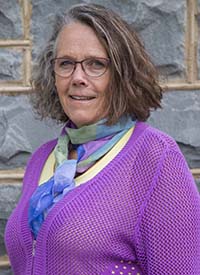
Cindy Hunter, MSW
Associate Professor and Director of Field Placement
Cindy Hunter, MSW, is Director of Field Placement at James Madison University. She is a member of CSWE’s Council on Field Education and the Baccalaureate Program Director’s Field Committee. She currently chairs the Mid-Atlantic field consortium and is co-author with Julia Moen and Miriam Raskin of Social Work Field Directors: Foundations for Excellence (2016), Oxford University Press.
CSWE would like to thank the CSWE Council on Field Education, the Baccalaureate Program Directors (BPD) Field Education Committee, the North American Network of Field Educators and Directors (NANFED), and our speakers for their contributions to this training, particularly:
Janet Bradley, Director, Field Education Content Chair, West Chester University Department of Social Work
Rebecca Brigham, Assistant Dean of Field Education and Clinical Associate Professor, University of North Carolina at Chapel Hill School of Social Work
Ann Petrila, Professor of the Practice of Social Work and Assistant Dean for Field Education, University of Denver Graduate School of Social Work
Riva Zeff, Field Director and Clinical Professor, Seattle University, Department of Anthropology, Sociology, and Social Work
Cyndy Hunter, Associate Professor and Director of Field Placement, James Madison University Department of Social Work
Traci Lilley, Associate Director and Director of Field Education, Louisiana State University School of Social Work
Anwar Najor-Durack, Assistant Professor, Clinical and Director of Field Education, Wayne State University School of Social Work
Elizabeth Voshel, Director of Field Instruction and Clinical Associate Professor, University of Michigan School of Social Work
Estella Williamson, Assistant Dean and Director of Field Education, University at Albany SUNY School of Social Welfare
Darrin Wright, Assistant Professor and Director of Field Education and Practicum Activities, Clark Atlanta University School of Social Work
-
Register
- Non-member - $150
- Member - $150
- More Information
-
Includes Credits
A free CE course on preventing alcohol-exposed pregnancies specifically designed as a framework for field instructors
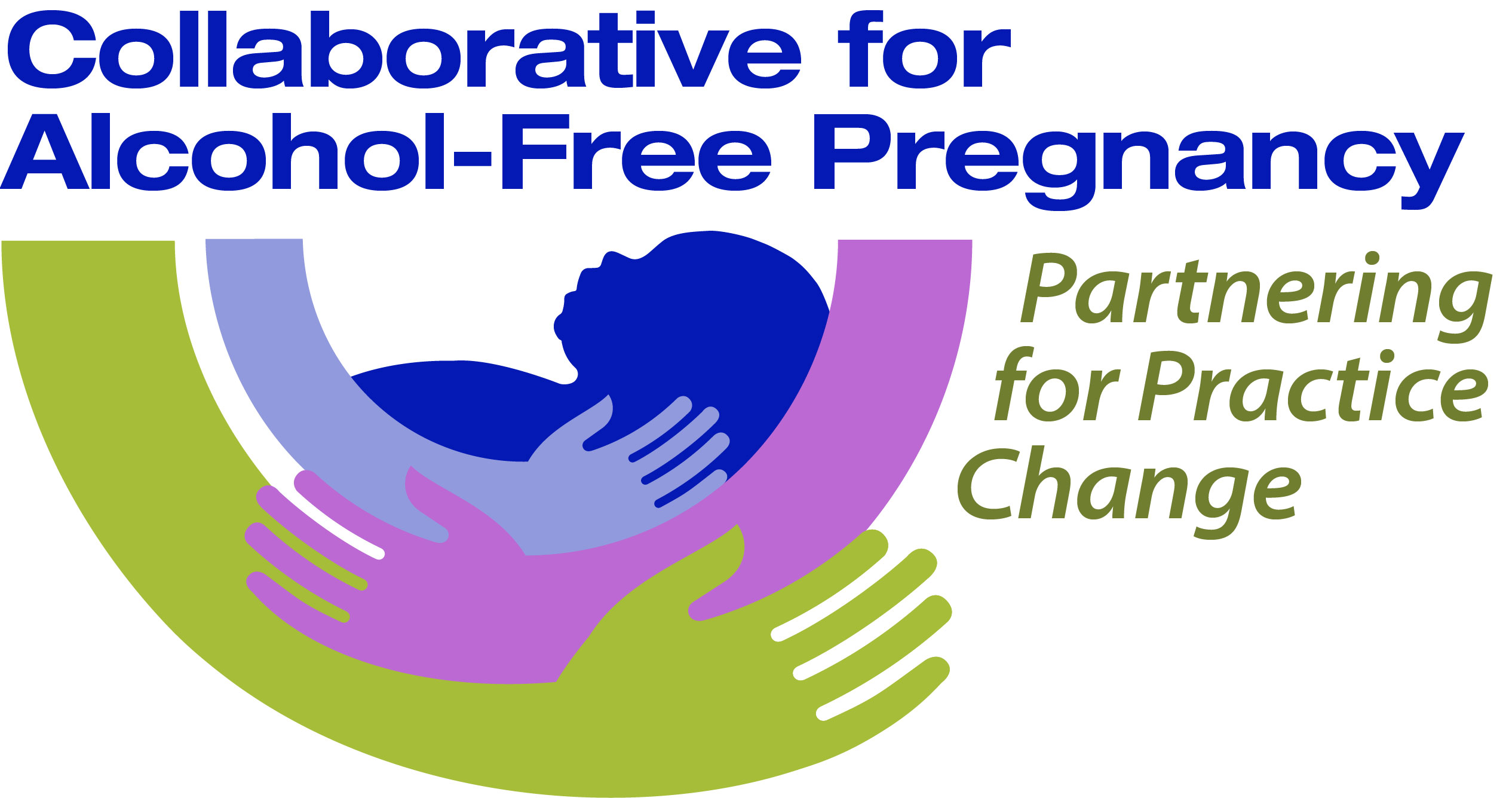
Overview:
High-risk drinking among US women has increased significantly over the past decade and is linked to serious adverse health and reproductive outcomes. This self-paced course describes current patterns of alcohol use among women; risk factors for alcohol-exposed pregnancy; fetal alcohol spectrum disorders (FASD); and what social workers can do to support/deliver alcohol screening and brief intervention and other preventive services in social work clinical practice. Case study and clinical practices that support social work field instruction and supervision are also discussed.
CSWE is pleased to partner with the University of Texas at Austin to offer free continuing education credit (CE) for this course. Funding was provided by Centers for Disease Control and Prevention, cooperative agreements NU84-DD00147 (University of Texas at Austin) and NU01-DD001131 (Baylor College of Medicine). Participants must review the "CE Instructions" prior to participating in the course.
Participants will learn to:
•Describe prevalence and patterns of high-risk drinking among women of reproductive age
•Identify who is at risk of an alcohol-exposed pregnancy (AEP) and 3 prevention practices
•Describe Fetal Alcohol Spectrum Disorders (FASD) as an outcome of prenatal alcohol exposure
•Identify topics/activities for field instruction around risky alcohol use, stigma, and difficult conversations about risky behaviorsWho should participate?
This course is appropriate for anyone with an interest in women's substance/alcohol use, evidence-based interventions, and FASD. Relevant social work competencies and a case study are provided to support field instruction of students.
Participants may earn 1.25 continuing education clock hours after completing the training. The course is appropriate for generalist or clinical social work practice and the degree of difficulty is intermediate. To earn a CE certificate, participants must:
- Review all the course material, including 3 required readings and 5 brief webinar presentations (total training time is approximately 1-1 1/2 hours)
- Correctly answer a minimum of 80% of the assessment questions
- Complete the electronic evaluation form
- Verify their identity through an online acknowledgement form
After meeting these minimum requirements, participants can select a CE certificate to print that will list the participant name, course name, number of CEs, and the date of completion.
CSWE (ACE Approval #1163) is approved as a provider for social work continuing education by the Association of Social Work Boards (ASWB) www.aswb.org through the Approved Continuing Education (ACE) Program. CSWE maintains responsibility for the program. ASWB Approval Period: 1/23/2021-1/23/2024. Social workers should contact their regulatory board to determine course approval for continuing education credits.
Scheduled Access/Interaction
All content for this course is asynchronous, so participants can complete the course on their own time and at their own pace. There is no scheduled access/interaction with course speakers. If you would like to communicate with a speaker or CSWE staff about this course, please e-mail learningacademy@cswe.org. CSWE operates regular business hours (9:00 am-5:00 pm) Monday-Friday.
Accommodations for a Disability
If you require accommodations to complete this course due to a disability, please e-mail learningacademy@cswe.org and provide a written explanation of the type of accommodation you require.
Procedures for Complaints and Grievances
Please follow the below outlined procedures to issue a complaint or grievance regarding any matter related to CSWE's continuing education program:
- Complaints or grievances must be submitted in writing to CSWE via mail at 333 John Carlyle Street, Suite 400, Alexandria, VA 22314 or email, CEsatAPM@cswe.org.
- Complaints will be reviewed by the CE Program Manager and responded to in writing within 30 days of receipt of the written complaint.
- Individuals issuing a complaint/grievance may request to have a phone hearing with the CE Program Manager in the event that they disagree with CSWE's written response.
A record of all written complaints/grievances and CSWE's written responses are retained and reported to the Association of Social Work Board's Approved Continuing Education Program.
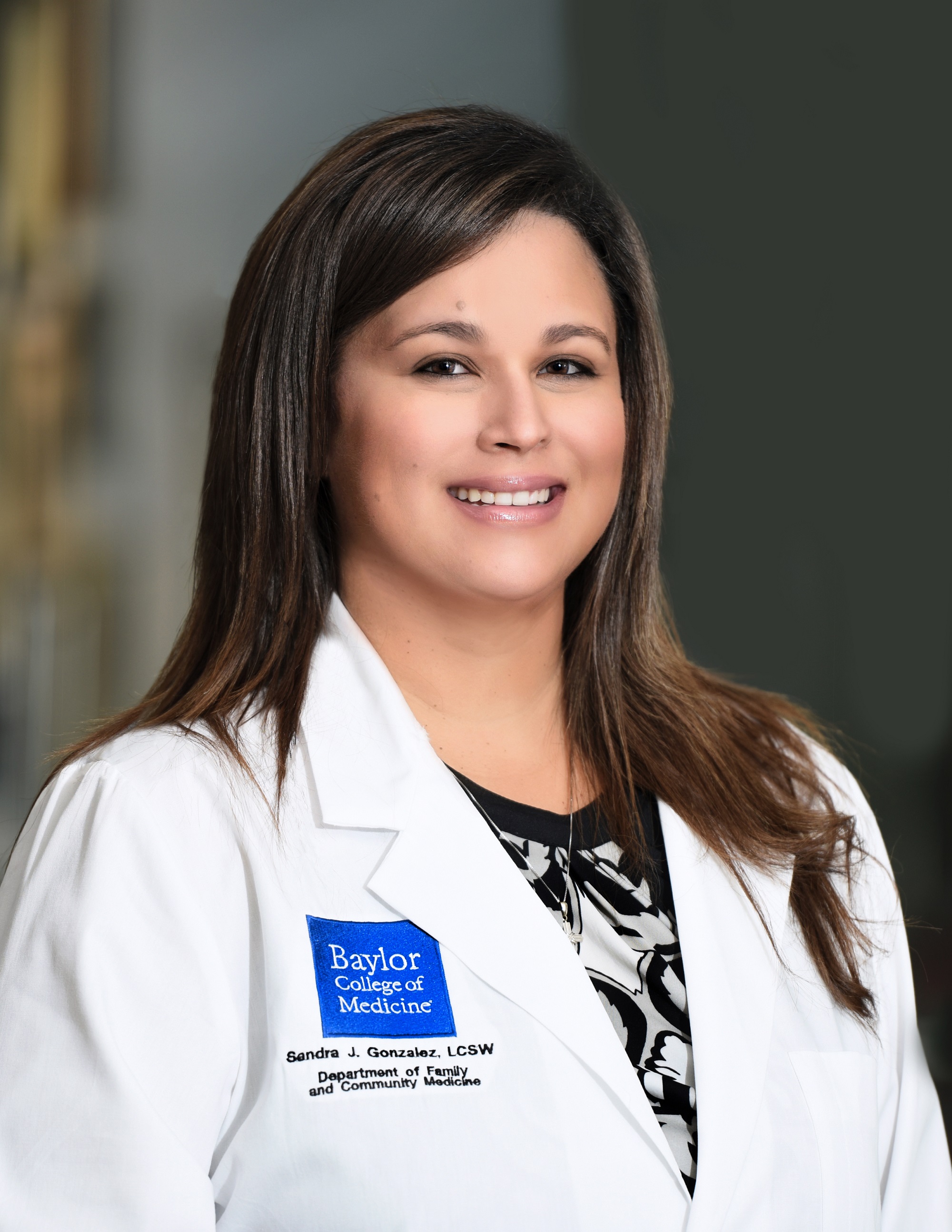
Sandra Gonzalez, PhD, MSSW, LCSW
Instructor, Department of Family and Community Medicine, Baylor College of Medicine
Dr. Gonzalez is an Instructor and Licensed Clinical Social Worker in the Department of Family and Community Medicine at Baylor College of Medicine in Houston, TX. Dr. Gonzalez received her MSSW from The University of Tennessee, Knoxville, and her PhD from The University of Texas at Austin. She has previously served as Coordinator of Field Services for the MSSW program at The University of Tennessee, Knoxville (Nashville campus). Dr. Gonzalez has 16 years of experience in clinical and academic settings with roles as a practicing clinician, researcher, and educator. She is currently a Co-Investigator on the CDC-funded FASD Practice and Implementation Center – South (FASD PIC – S) project, serving as content expert for social work and implementation of alcohol Screening and Brief Intervention (SBI). Her major interests include integrated behavioral health, prevention of alcohol-exposed pregnancy (AEP), brief interventions, and residency and medical student training. She has presented on the topics of FASDs, prevention of AEP, and implementation of alcohol SBI at national and international conferences. Dr. Gonzalez is also a past President of the Tennessee Chapter of NASW.
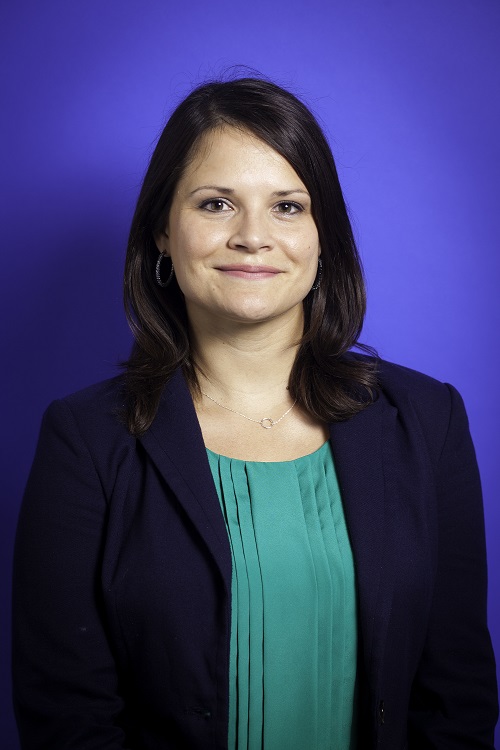
Leah Davies, LMSW
Associate Director of Strategic Health Alliance, Texas Center for Disability Studies
Leah Davies, LMSW is the Associate Director of Strategic Health Alliance within The Texas Center for Disability Studies and a proud social worker. Ms. Davies has worked in a variety of human service systems and organizations in her career and is an active community volunteer and advocate. Her interests include: collective impact, social determinants of health, developmental disabilities, and in particular, Fetal Alcohol Spectrum Disorders. Ms. Davies contributed to the US Department of Health and Human Services, SAMHSA publication, Treatment Improvement Protocol 58: Addressing Fetal Alcohol Spectrum Disorders. Leah also co-authored a 2017 publication in the Journal of Pediatric Health Care, Fetal Alcohol Spectrum Disorders: What Pediatric Providers Need to Know along with Angela Nash, Ph.D., RN. PCNP. Ms. Davies has extensive experience in creating and delivering presentations, building cross systems collaboration, working with emerging social work professionals, and analyzing policy.
-
Register
- Non-member - Free!
- Member - Free!
- More Information
| Access Date | Quiz Result | Score | Actions |
|---|
